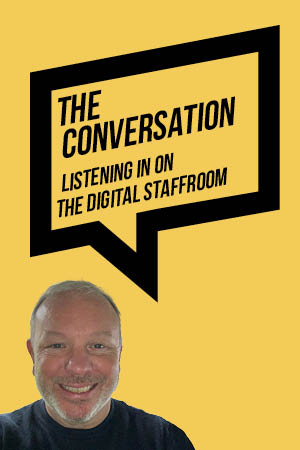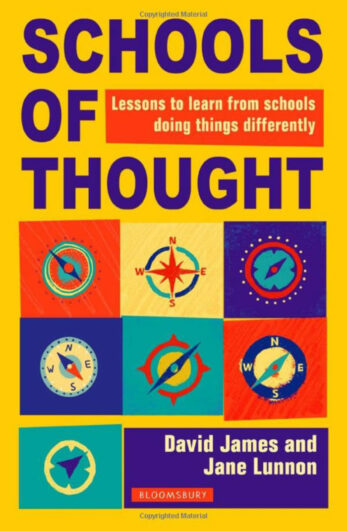This book is a highly readable yet academically rigorous overview and defence of a controversial, often misunderstood and frequently misused, subject. It’s wide-ranging too, covering the genesis of intelligence, its statistical underpinnings, the concept of general intelligence, how we assess it, its biological basis, its heritability, its connection with education and with life chances. All in 150 pages of small format, relatively large print! Although I have a degree in psychology, I found it to be more than just a revision course in this field of research.
It covers the field and successfully debunks many of the criticisms of IQ. It deals with difficult truths effectively and clearly, including the fact that high IQ is a predictor of a longer and healthier life; although it occasionally strays into much more dangerous territory — for example, in saying that people with high IQ tend to be economically liberal.
I would, however, like to have seen much more on education. While Ritchie shows that education can positively affect intelligence, he also shows that intelligence affects exam results and that it is 50 per cent inherited for the population as a whole.
Although that leaves one unclear if he’s a pessimistic determinist or an optimistic believer in the human potential for improvement, it does seem a reasonably balanced position to adopt; that inheritance affects our intellectual ability as much as it does our physical. The logic being that the brain affects intellect, which, like other physical attributes, is affected by genetics. He is also gratifyingly optimistic about social class being a causal factor in IQ scores and that there is, therefore, the potential for education to ensure that poverty is not destiny.
However, he’s less convincing when he says it’s illogical to blame intelligence testing for problems with selective education (he blames poor secondary modern schools), when its misuse seems to many, including me, to be precisely the problem.
And that brings me to my biggest concern with this book. Understandably, Ritchie is a strong proponent of intelligence testing, but fails to underscore its limitations and potential for misuse. At times the book is disheartening, saying that IQ predicts employability (“intelligence tests are predictive of performance in the workplace”), that heritability is the biggest predictive factor of IQ in early life, and that the best predictor of IQ in later life is IQ in early life.
I was left feeling that while academically sound, the book is not well balanced in pointing out the limitations of the use of IQ tests, or indeed the way in which IQ is defined. For example, although Ritchie acknowledges that factors other than IQ are important (conscientiousness, motivation, self control and social skills) he implies they are objectively outside the sphere of intelligence. He presents no evidence for doing so and ignores the fact that intellectual horsepower drives things IQ tests don’t test; for example, social skills, self control, resilience and values. He does not fully address the fact that IQ does not define intellect, but only reflects some of its attributes. Indeed, he dismisses the work of important psychologists, such as Howard Gardner’s multiple intelligences, as evidence-free “whim”. Perhaps the biggest problem with IQ tests is the same problem that afflicts all tests; we measure the things that can be counted, sometimes at the expense of the things that really count.
So this book does not quite live up to its self-proclaimed billing of “All That Matters”; but how could a book of 150 pages? And, to be fair, it’s an engaging read and I learned from reading it. For that reason I recommend it as a worthwhile, if somewhat partial, introduction to an area that is crucial to advancing our understanding of the practice of education.







Your thoughts